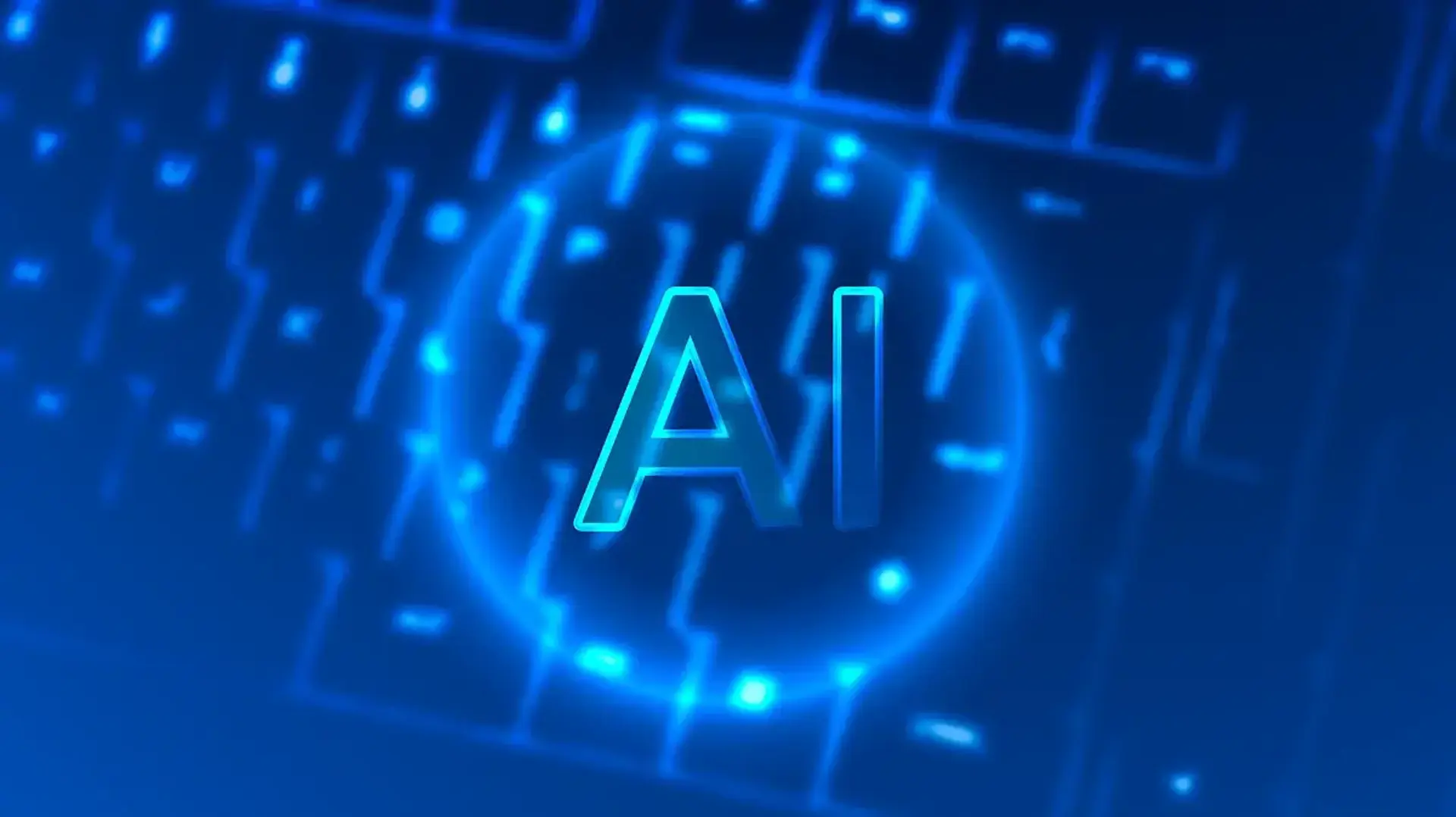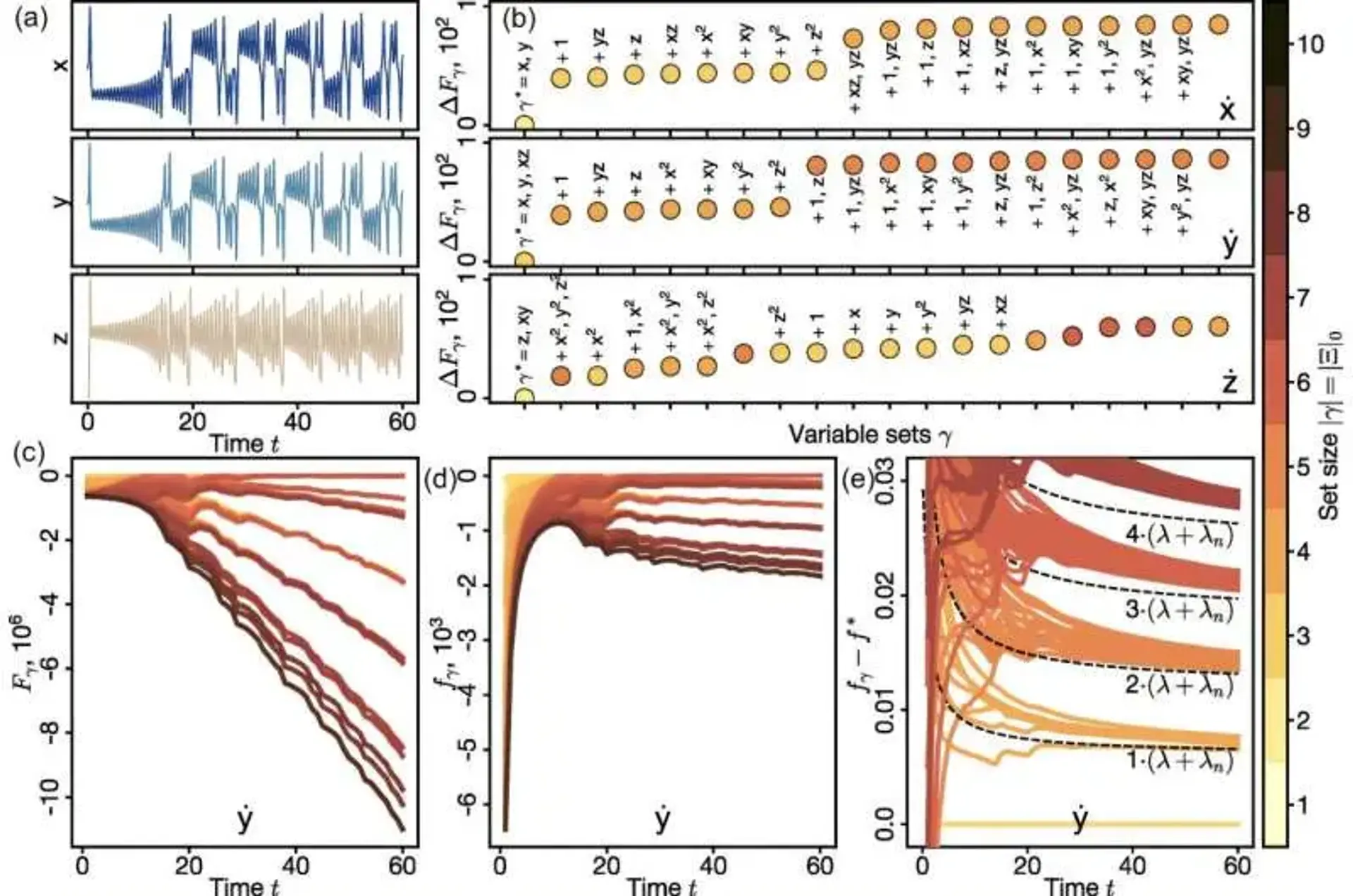Researchers are using artificial intelligence and statistical mechanics to improve the understanding of complex systems. The new method helps AI learn the governing laws of systems, such as predator-prey relationships and traffic patterns, by separating useful information from irrelevant noise in real-world data. This approach uses statistical mechanics to understand how different mathematical models compete when explaining a system. By borrowing tools like 'free energy' and the 'partition function' from physics, the method identifies when a model is likely to fail due to complexity or lack of data. It also estimates the amount of uncertainty in the result, which is a key factor when making real-world decisions based on data. This innovation could impact fields like engineering, ecology, economics, and medicine, where understanding the rules behind data can lead to better predictions and smarter decisions.
Related Articles

Hinton: AI a Potential Threat
Read more about Hinton: AI a Potential Threat →
AI 'Consciousness' Risk Highlighted
Read more about AI 'Consciousness' Risk Highlighted →
Microsoft AI: Conscious AI?
Read more about Microsoft AI: Conscious AI? →
AI Designs Novel Antibiotics
Read more about AI Designs Novel Antibiotics →
